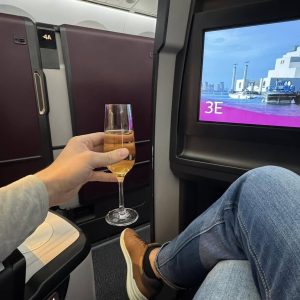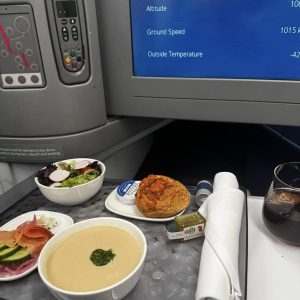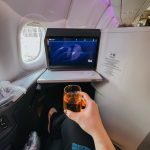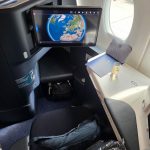The aviation industry is continuously evolving, leveraging innovative technologies to enhance passenger experience and streamline operations. One such emerging technology is Virtual Reality (VR), which is transforming airline efficiency in multiple ways. By allowing passengers to pre-book services and explore their in-flight experience beforehand, airlines can significantly optimize operations, reduce wait times, and improve resource allocation.
Enhancing Pre-Flight Experience with VR
Traditionally, passengers have limited control over their in-flight experience until they are onboard. However, with VR-based pre-booking, passengers can:
- Select and preview seats in a virtual aircraft cabin.
- Choose meal options based on realistic 3D representations.
- Explore amenities such as entertainment, Wi-Fi, and seating adjustments before flying.
This level of interaction not only improves customer satisfaction but also helps airlines optimize catering and inventory management based on real-time passenger preferences.
Reducing Onboard Wait Times
In-flight service delays often stem from last-minute passenger requests, inefficient meal distribution, and seat adjustments. By pre-booking services through VR, passengers can finalize their choices before departure, allowing airlines to:
- Pre-load meals and amenities according to exact preferences.
- Minimize order changes during the flight, ensuring faster service.
- Enhance crew efficiency by providing them with pre-sorted passenger requests.
Optimized Crew and Resource Allocation
Airlines face constant pressure to optimize crew workload and resource management. With VR-driven pre-booking, airline staff can:
- Anticipate demand for special services like extra legroom, dietary meals, and premium entertainment.
- Efficiently allocate cabin crew based on passenger preferences and service requests.
- Reduce wastage of onboard resources, leading to cost savings.
Conclusion
Virtual Reality is revolutionizing the airline industry, offering passengers an immersive way to personalize their journey while helping airlines improve operational efficiency, reduce costs, and enhance service quality. As VR technology continues to advance, its role in streamlining airline operations will only become more significant, paving the way for a more efficient and passenger-friendly future in aviation.














